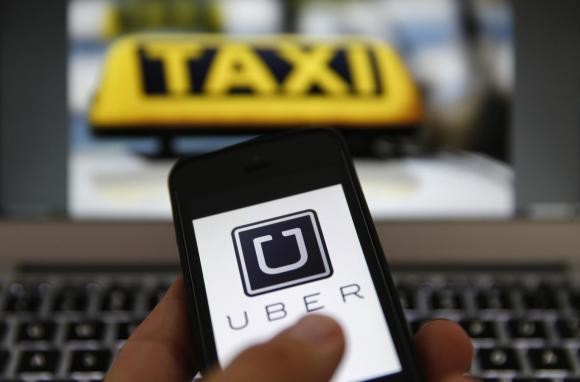Commuters in big cities like Beijing are switching to chauffeured cars. After all, why ride a smelly Beijing taxi when a much cheaper, and sometimes free, alternative is available thanks to apps like Uber and Didi Kuaidi?
"I just go for whatever is cheaper," said Jessica Yang, a 41-year-old resident of Beijing, who prefers to take rides from Uber or Didi Kuaidi to take her to her Beijing office. "There is no loyalty here. Almost all the cars are better than Beijing's smelly taxis."
Considered as the next big thing in technology, transportation services such as those that Uber Technologies Inc. offer have driven customers to altogether abandon regular cabs in favor of private-car booking.
The increased number of commuters has caused companies like Uber to put a premium on market share over profitability.
"The new round of price wars is about to start, and it'll be a war of attrition," said Beijing-based analyst Zhang Xu, who works at Analysys International.
"Unlike previous price wars, where they were mainly attracting new users, they now need to fight to grab each other's users. They'll need to have enough capital so that they can last."
Uber's main competitor, which operates the Didi and Kuaidi apps, is looking to raise at least $1.5 billion to compete against Uber and Yidao Yongche in China. As a start, the ride-hailing app has announced that it would give away 1 billion yuan worth of free rides.
Didi Kuaidi currently dominates the Chinese car-hailing market. The app, backed by Tencent Holdings Ltd. and Alibaba Group Holding Ltd., owns 78 percent of ride bookings in China.
According to Analysis, Uber, on the other hand, only has approximately 11 percent of ride bookings. As a way to compete, the company is planning to invest over $1 billion in China for 2015.



























